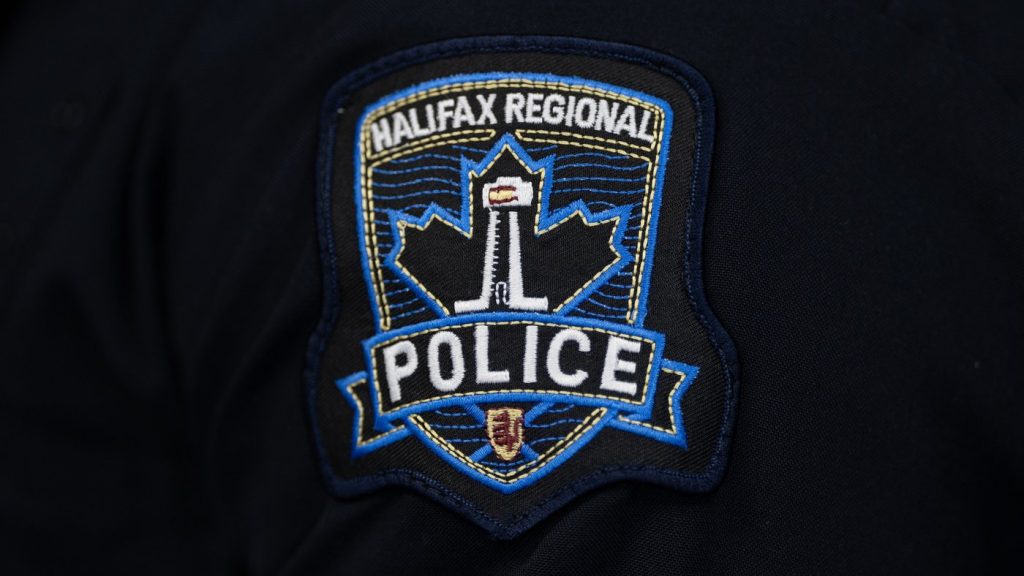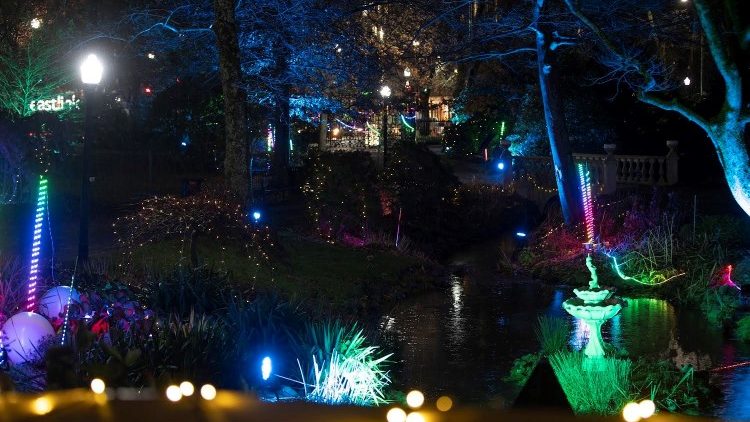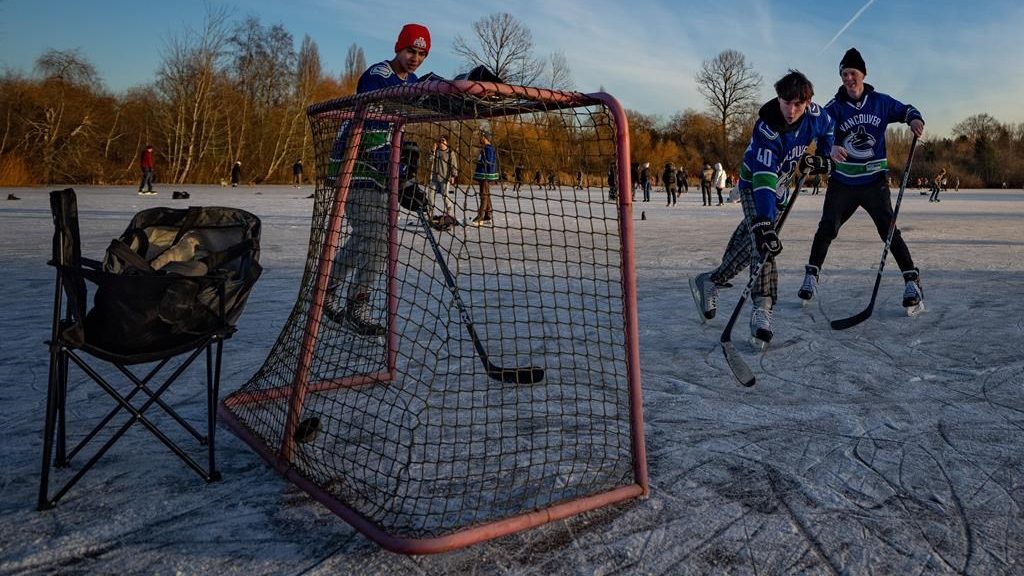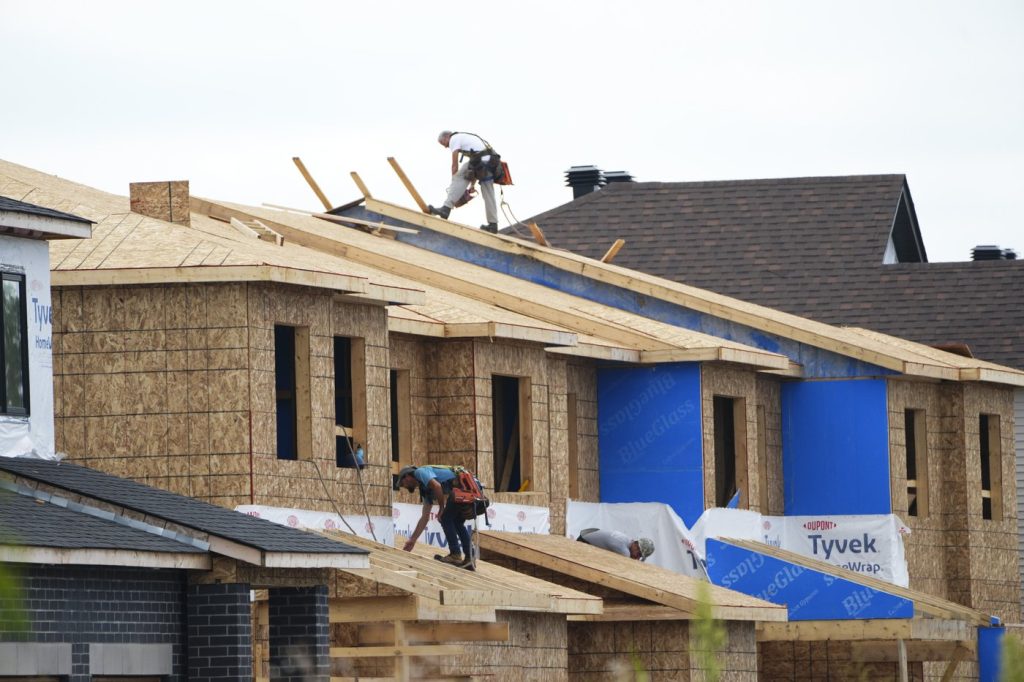Canada’s envoy to Ukraine says Canadian support will outlast Russian invasion
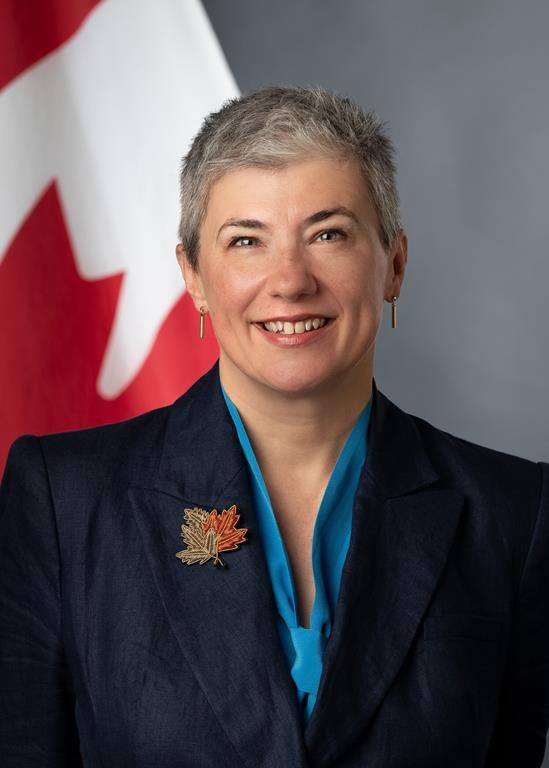
Posted Sep 2, 2023 07:00:00 AM.
Last Updated Sep 2, 2023 07:01:27 AM.
OTTAWA — Canada’s new ambassador to Ukraine had an eerie sense of déjà vu when she reached Kyiv last month.
Natalka Cmok saw so many locals with missing limbs that it reminded her of working in Ukraine in the 1990s, when the newly independent country had thousands of soldiers returning from the Soviet Union’s war in Afghanistan.
“Ukraine is really close to my heart, and I want Ukraine to succeed,” Cmok said in a Friday interview from Canada’s embassy in Kyiv.
She arrived in the city Aug. 15, starting a one-year term in a country she has lived in multiple times since its 1991 independence.
In just two weeks, she’s already familiar with the rhythm of air-raid sirens, warning in a videoconference call that she might need to suddenly hunker down. “The last few nights, it’s been more like 4 or 5 in the morning.”
Her assignment is two-pronged, with a short-term focus on supporting Ukraine’s immediate defence and security needs while countering all forms of Russian aggression. That often takes the form of meeting with her peers from G7 countries in Kyiv.
The longer-term focus is getting Ukraine to a place where it can join the European Union and NATO military alliance, by supporting reforms and reconstruction as well as humanitarian aid.
Cmok said her role is to co-ordinate those efforts on various fronts and to ensure clarity between Ottawa and Kyiv.
Western allies say Ukraine is making progress in its counteroffensive, which Cmok said is replicating a NATO military tactic to limit the loss of life. “They pull back when they need to, in contrast to Russia, which is like a meat-grinder approach to some of the fighting,” she said.
But Canada’s support for Ukraine goes beyond military help, with a vision for helping to build a greener, more democratic country.
Like many of its allies, Canada tends to rotate its diplomatic staff in August, and Cmok said she hopes to have a full team of 22 diplomats in place by October.
Their duties will range from assessing mine-removal projects to funding programs that can help women take up roles in politics and business that have been vacated by men sent to the front lines.
Her staff will also be supporting ongoing efforts by Canada’s atomic-safety experts to help their Ukrainian colleagues keep the war from causing ecological and nuclear catastrophe at energy plants.
She said Ukraine is getting a sneak peek of its eventual, massive post-war reconstruction in the Kherson region, which was flooded in June by the destruction of a massive dam.
Countries like Canada are looking at how to help locals replace farm equipment and access safe water and energy sources for the upcoming winter.
They’re also providing technical assistance on how Ukraine can become a destination for private-sector capital after the war. “We’re working with them on how (they can) ensure a transparent investment climate,” she said. “It is definitely a priority at every level of government.”
Cmok studied archeology, and did a series of months-long rotations during her undergraduate degree in Ukraine, involving fieldwork as well as teaching locals how to excavate remains and use forensic-anthropology equipment.
She spent a decade in various federal departments in Ottawa, before working as a technical expert in Canada’s former aid department in 2011. Her two-year stint focused on human-rights and election-monitoring missions, and she returned to the Ottawa bureaucracy before Ukraine’s 2014 democratic revolution.
Still, Cmok’s time as a public servant is informing her new role. She was part of Canada’s peace and stabilization operations program, which sends police officers and civilian experts to post-conflict societies such as Iraq and Sudan to help local efforts to prevent a re-emergence of war.
Last fall, the foreign service was scouting possible candidates for their new ambassador in Kyiv, and they asked Cmok to consider it.
After rounds of interviews and a job offer, Cmok said yes. She’s left her family behind in Canada, a common decision by diplomats posted to what are formally known as “hardship postings.”
So far, she said she’s been impressed by how unified the war has made Ukrainians, who for decades have been split along linguistic lines and, at times, hostile to minority groups. And she said she’s noticed native Russian-speakers making an effort to use Ukrainian.
But signs of war are everywhere. A wall of memorials to Ukrainians killed in the 2014 pro-democracy protests has now been replicated across Kyiv’s main square to pay homage to the thousands killed by Russian forces.
“It does impact you when you see all of the people who are missing limbs, arms and legs. That’s become quite regular. When I was here in the ’90s, those were all Afghan veterans. So now you’re you’re seeing the whole influx of a new generation.”
To her, it’s an honour to be assigned to a country where she speaks the language, the land of her grandparents and a place where many think highly of Canada.
She said the two countries rarely don’t see eye-to-eye.
Still, there have been points of disagreement. Ukraine has in the past asked for a no-fly zone, a non-starter for NATO countries who fear direct conflict with Russia. And Canada expressed unease with the U.S. decision this summer to send Ukraine cluster bombs as its arsenal thinned out.
Last month, Ukrainian Foreign Affairs Minister Dmytro Kuleba asked Ottawa to increase its anti-landmine support and extend military funding beyond the next year.
Ukraine has been antsy about the long-term future of its estimated six million citizens living in other countries, including the 175,000 people who have reached Canada. Kyiv has thanked countries for providing safety, but said it hopes its citizens come home when it’s safe to help rebuild, instead of facing a brain-drain.
Meanwhile, Cmok said Canada wants to ramp up its role in anti-corruption projects in Ukraine, such as through training judges and forensic auditors.
“They recognize this is a very important reform; they know that this is one of the stipulations for EU accession,” she said.
“We challenge Ukraine; we support Ukraine.”
This report by The Canadian Press was first published Sept. 2, 2023.
Dylan Robertson, The Canadian Press
